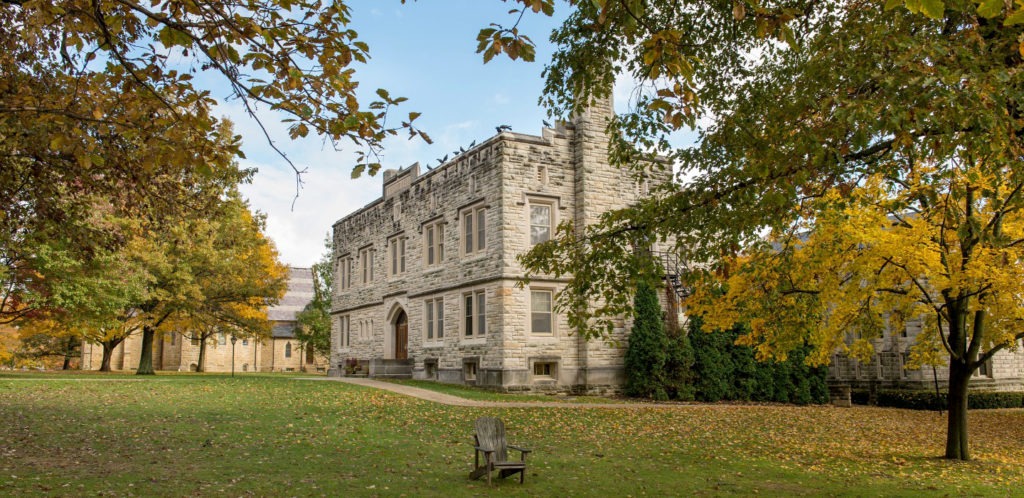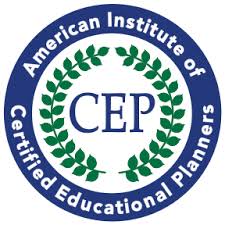
Admissions presentations are fairly routine: an information session, followed by a scripted tour, spiced with some questions by parents (usually) who are accompanying their teens.
During this experience, most students are seeking answers to questions that can be boiled down to the following: do I qualify for admittance, do the academic offerings interest me, and will I comfortably fit in. In fact, some students are so tuned into the last question that a visit can be immediately cut short (“We don’t need to get out of the car!”) In the end, this social piece – will I be comfortable here –most often drives a student to apply to a college or to remove it from the list.
While students’ gut reactions are valuable, parents’ visits to colleges are an opportunity to gather important information that might not occur to students. In fact, I would say that this is a parent’s responsibility. The student athletic center, complete with climbing walls and yoga studio can be an impressive feature of most every tour. Parents, though, should look beyond this to these topics and questions:
Academic Support
Where are these offices and classrooms situated? Are they buried in the basement of the library, embedded in academic buildings, or easily found in the student center or in dormitories? Zero in on the location, accessibility, and staffing of these services (math lab, writing center) can make the difference to your child’s success.
Counseling Services
Nearly every student struggles with the transition to college, experiencing everything from breaking up with a hometown boyfriend to depression. Counseling services, part of tuition, are available to all students and can help to ease the transition to college life. Locate these services for your student and talk about their accessibility and importance.
Alcohol Policy
At the University of Georgia’s orientation for parents, a video depicts a student in an orange jumpsuit being locked in the county jail. Scare tactics? Maybe, but the county police on campus are responsible for maintaining safety. Explore the college’s alcohol policy, and try to discern the level and frequency of partying. For example, Dartmouth recently banned alcohol on campus, as described in this article.
But for a great conversation starter, have your child read Ruth Marcus’ opinion in the Washington Post:
Graduation Outcomes and Freshman Retention
What are the top recruiting industries on campus? When does career planning start? How convenient is the office and who staffs it? Depauw University in Indiana has a 4-year career plan for students; freshmen are immediately engaged in goal-setting that leads to meeting personal and professional goals. Ask the strategic questions regarding where and how graduates fare. And retention rate is the best indicator of how well a college does to make students feel comfortable and successful. Listen for special freshman programs.
When we counsel students pre-visit, we urge them to listen carefully during the information session to get a sense of a college’s mission. Special programs, new initiatives in academic majors, and experiential opportunities can really spark an interest in a particular school. We hope that parents pay attention to matters that might not be on a student’s radar screen and add important value to the college visit.



Leave a Reply